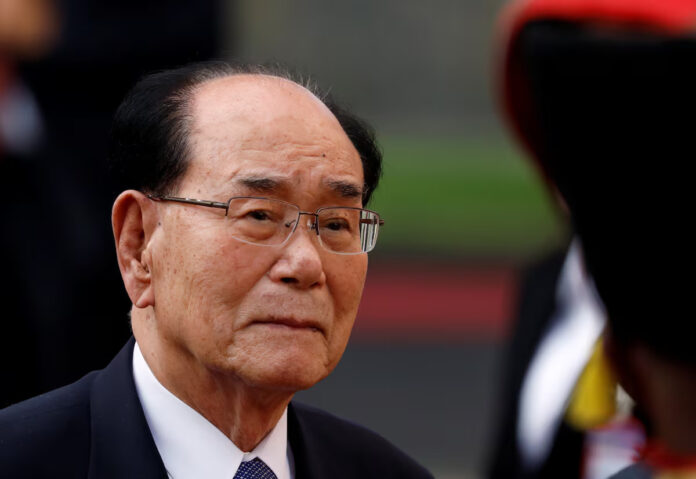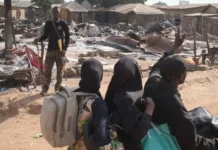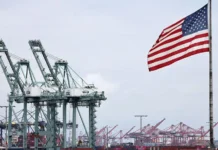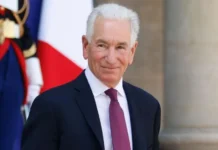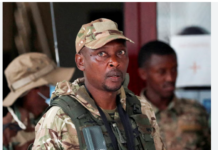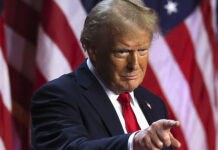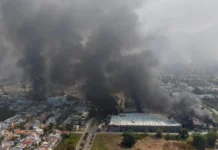Kim Yong Nam, North Korea’s former ceremonial head of state and one of the country’s longest-serving senior officials, has died at the age of 97, state media reported on Tuesday.
The Korean Central News Agency (KCNA) said Kim died on Monday and that North Korean leader Kim Jong Un visited his bier early Tuesday to pay tribute and offer condolences. A state funeral will be held in his honor, KCNA added.
Kim Yong Nam served as chairman of the Presidium of the Supreme People’s Assembly from 1998 to 2019, a role that made him North Korea’s nominal head of state, though real power remained firmly in the hands of the ruling Kim family.
His tenure spanned the leaderships of Kim Il Sung, Kim Jong Il, and Kim Jong Un, making him one of the few figures to have served all three generations of the dynasty.
Born in 1928, Kim rose through the ranks of the Foreign Ministry, playing a central role in shaping Pyongyang’s diplomatic outreach during the Cold War under founding leader Kim Il Sung.
Later, under Kim Jong Il, he became the international face of the regime, often representing the country at summits and state visits.
Despite his largely ceremonial status, analysts say Kim wielded quiet influence behind the scenes.
“Despite having a largely ceremonial role in the latter part of his career, Kim Yong Nam had a high degree of influence through patronage connections to North Korea’s diplomats and foreign service personnel,” said Michael Madden, a North Korea leadership expert at the U.S.-based Stimson Center.
Madden noted that Kim’s longevity in office was exceptional in a political system notorious for purges. “He was the only known senior North Korean official who was never purged, sent down, or disciplined by Kim Jong Il or Kim Il Sung,” he said.
Under Kim Jong Un, Kim Yong Nam continued to act as North Korea’s top representative at major diplomatic events.
In 2018, he led the North Korean delegation to the Winter Olympics in Pyeongchang, South Korea, where he met then–South Korean President Moon Jae-in in a rare moment of inter-Korean engagement.
His death marks the passing of one of the last senior figures who bridged North Korea’s revolutionary founding generation with its modern leadership.
Source: Reuters
Written By Rodney Mbua









